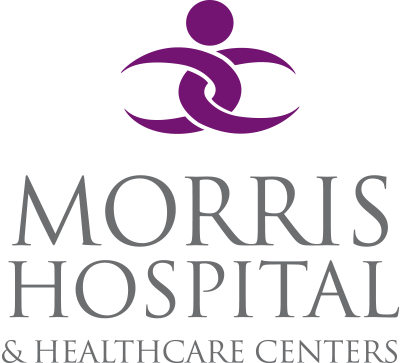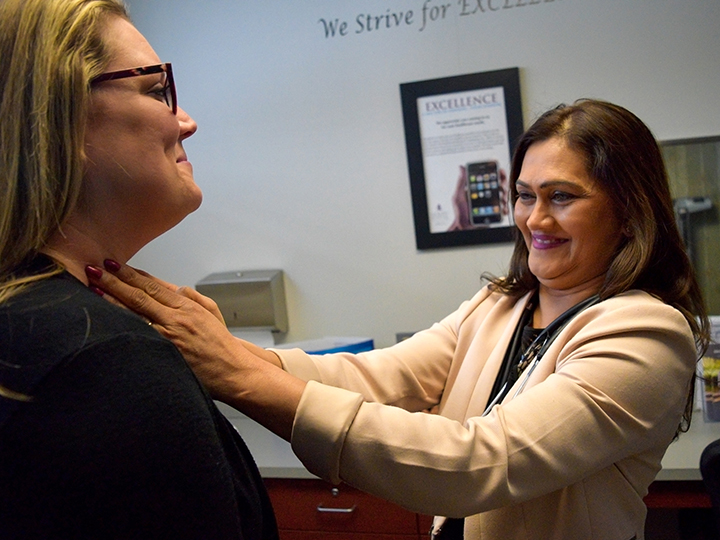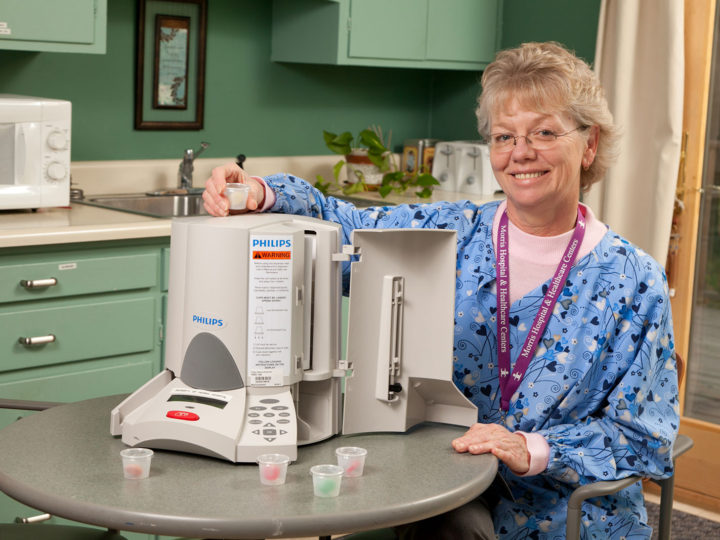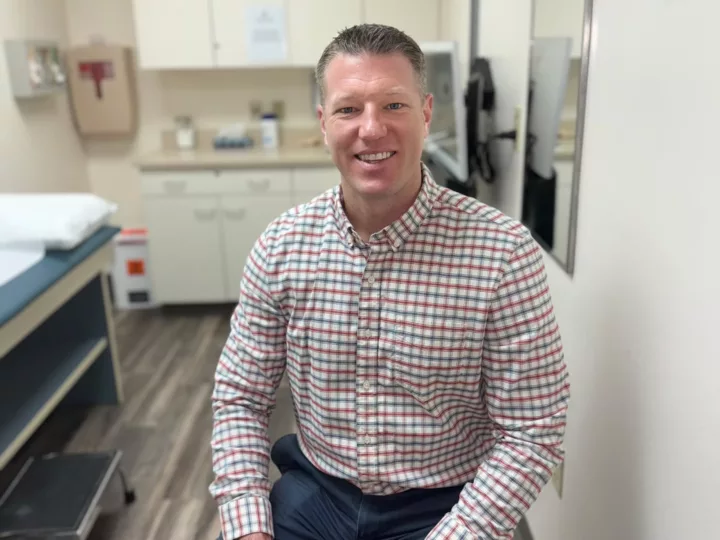Morris Hospital Cardiologist Says Leg Pain Could Mean Blocked Arteries
 Peripheral artery disease (PAD) is a circulatory condition in which arteries become clogged with fatty deposits called plaque, reducing blood flow to the extremities, most commonly the legs. Millions of Americans have PAD but many don’t know it.
Peripheral artery disease (PAD) is a circulatory condition in which arteries become clogged with fatty deposits called plaque, reducing blood flow to the extremities, most commonly the legs. Millions of Americans have PAD but many don’t know it.
Dr. Syed Ahmed, an interventional cardiologist with Morris Hospital Cardiovascular Specialists, says risk for developing PAD increases beginning at age 50. Individuals who smoke, have high cholesterol, diabetes, or high blood pressure are at increased risk. These are the same risk factors for heart disease.
The most common symptom of PAD is muscle pain in the lower extremities during activity that subsides with rest. Additional symptoms include sores or wounds, a lower temperature of one extremity compared to the other, poor nail or hair growth, or color changes in the skin.
PAD is serious because inadequate blood flow can damage vital organs, the legs, arms and feet. Left untreated, the tissue can become infected or die, a condition called gangrene. Once diagnosed, there are multiple treatment options.
“We start with medicine to control high blood pressure, diabetes and high cholesterol, and to improve blood flow,” Dr. Ahmed says. “If this fails, we’ll try opening the blockage in the leg with a balloon and/or a stent. We also perform a special procedure called an atherectomy, which cleans out the plaque. The last resort is surgery.”
If left untreated, PAD is potentially life-threatening, Dr. Ahmed says.
“Prevention and early diagnosis are key,” he says. “We recommend that patients at high risk for PAD ask their primary doctor for a referral to a cardiologist, especially if they exhibit symptoms. Anyone who is high risk but doesn’t show symptoms should have a PAD screening, which we offer at Morris Hospital.”
Morris Hospital Cardiovascular Specialists has office locations in Channahon, Dwight, Morris and Ottawa. For more information on scheduling an appointment with a cardiologist, call 815-705-1000.




